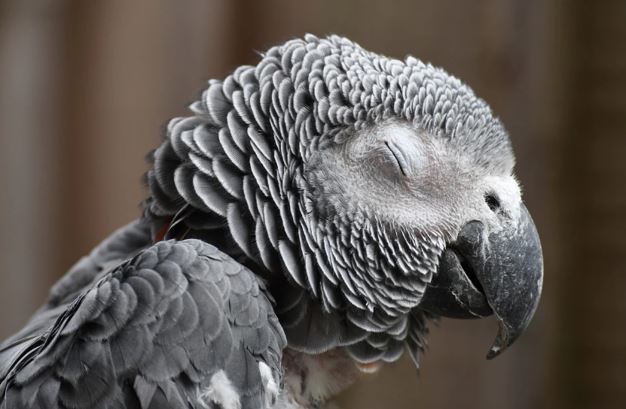
Avian Influenza (AI): Guidance for Cage and Aviary Bird Keepers
Share
Source: British Veterinary Zoological Society (BVZS)
Avian Influenza, or bird flu, is a serious disease that can affect all birds, including those kept in cages or aviaries. While the risk to humans is very low, it’s important for bird keepers to take precautions to protect their birds and prevent the spread of this disease.
What Is Avian Influenza?
Avian Influenza is caused by a virus that naturally circulates in wild birds, particularly waterfowl like ducks and geese, during the winter migratory season. Many wild birds carry the virus without showing clinical signs, but it can spread to kept birds through contact with infected wild birds or contaminated environments.
How Does Bird Flu Spread?
Bird flu spreads in several ways:
- Direct contact between your birds and wild birds (even through aviary wire).
- Contaminated droppings, feathers, or secretions from infected birds.
- Surfaces like food dishes, perches, or aviary flooring that have not been properly cleaned.
- Equipment, clothing, or footwear that has been exposed to infected areas.

How to Keep Your Birds Safe
Follow these simple biosecurity measures to protect your birds:
- Prevent Wild Bird Access: Ensure that your aviaries are secure to stop wild birds from entering or coming into contact with your birds.
- Clean Regularly: Disinfect cages, perches, food dishes, and water containers frequently. Use a bird-safe disinfectant and rinse thoroughly.
- Quarantine New Birds: If you’re adding new birds to your collection, keep them separate for at least two weeks to monitor for signs of illness.
- Wash Hands and Equipment: Always wash your hands before and after handling birds. Clean and disinfect any equipment regularly.
- Provide Clean Food and Water: Ensure food and water are stored safely and replaced daily to prevent contamination.
For our full range of cleaning products click here.

Signs of Bird Flu in Cage and Aviary Birds
Avian Influenza clinical signs can vary between bird species but may include:
- Sudden deaths without obvious cause.
- Lethargy, depression, or unresponsiveness.
- Swollen heads or discoloured combs, wattles, or legs.
- Breathing difficulties, coughing, or sneezing.
- Loss of appetite or a noticeable drop in egg production.
- Drooping wings, dragging legs, or unusual behaviour.
If you spot any of these signs, contact your vet immediately. Avian Influenza is a notifiable disease, which means you are legally required to report it.
- In England, contact the Defra helpline at 03000 200 301.
- In Wales, call 0300 303 8268.
- In Scotland, contact your local APHA Field Services Office.
- In Northern Ireland, call the DAERA helpline at 0300 200 7840.
What to Do If You Suspect Bird Flu
If you suspect that your birds may have Avian Influenza:
- Isolate Sick Birds: Separate any sick birds from the rest of your flock.
- Contact a Vet or Defra: Get professional advice immediately.
- Avoid Handling Birds: Use gloves and wash your hands thoroughly to minimise the risk of spreading the virus.
Is Bird Flu Dangerous to Humans?
The risk to humans from Avian Influenza is very low. The current strains circulating in the UK have not been linked to serious human illness. However, it’s still important to take precautions, such as wearing gloves when handling birds or cleaning their enclosures, and washing your hands thoroughly afterwards.
Staying Informed
The situation with Avian Influenza can change, so it’s important to stay updated.
- Sign up for government alerts via the APHA subscription service.
- Visit the gov.uk Avian Influenza page for the latest guidance.
By staying vigilant and practising good biosecurity, you can help protect your birds and reduce the risk of Avian Influenza in your aviary.

Written by Haith's
